No matter how good your air conditioning system is, there will always come a time when you will need to replace the unit.
With the summer about to get into full swing in Florida, now could be the moment to pre-empt a breakdown by trading in your old unit for a new one.
Once you have made the decisions to invest in a new AC, the next step is to select a new unit which has the correct specifications for your living or working space.
But with such a vast range of different ACs available on the market today, choosing the right one for your needs can be anything but straightforward.
Ensuring that you get the right one means taking into consideration a huge number of factors that encompass issues that stretch from output capacity to noise output.
To help you navigate the minefield that comes with the territory of choosing a new unit, we have put together this helpful guide of things that every conscientious property owner should consider before parting with their money.
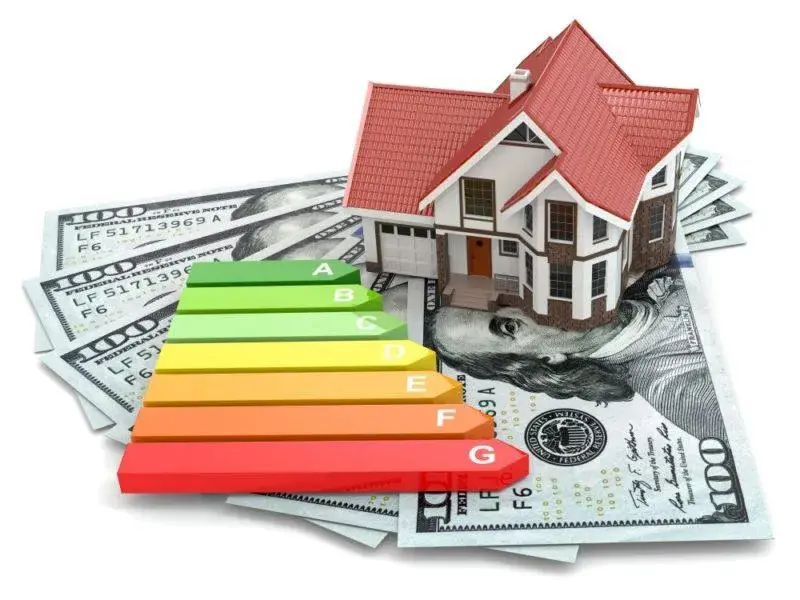
1. Energy Efficiency
Energy prices have been gradually rising in the United States in general, and Florida residents pay electricity bills which are significantly above the national average.
As a result, a key consideration when buying a new AC unit is the amount of energy a unit requires to cool the room for which you are buying it.
HVAC units are built to be much more energy-efficient than they were just a few years ago, but there is still a large discrepancy among the most and least eco-friendly models and brands today.
Make sure to check the ENERGY STAR rating of the unit that you are considering before you make your final decision.
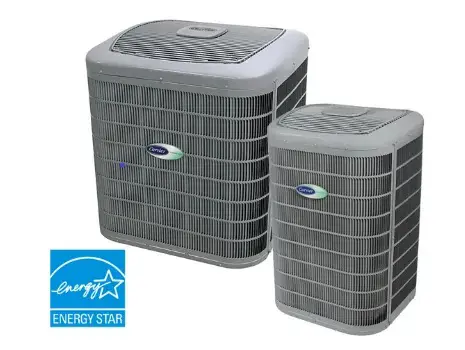
2. Output Capacity
Another important thing to bear in mind when buying an AC unit is capacity. Each unit will come with a BTU (British Thermal Unit) rating that gives an indication as to the size of the room that it can cool.
You can work out the capacity you will need by first measuring the room or area that you want the system to cool in square feet. You can use a BTU chart to calculate the size unit you will need.
The BTU needed to cool a room follows an exponential curve. For example, a 150-square-foot room will require a unit that is capable of 5,000 BTU, while a 450-square-foot-room will require 10,000 BTU.
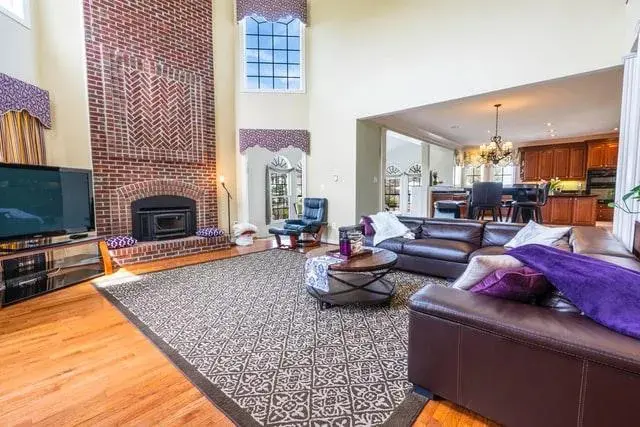
3. System Type
When choosing a new AC unit, you should be aware of the different types of systems that you can choose between.
The simplest system is the window system, which comprises a single wall- or window-mounted unit that includes the motor, fans, compressor, and cooling coils.
Split systems, on the other hand, are made up of two units (exterior and interior) which are connected via a ventilation shaft .
The type of system that you choose will likely depend on the location and size of your room or area in a building.
Split systems are usually better for larger rooms as they can be connected up to a number of interior airflow outputs, but window systems are usually cheaper and easier to install.
Most new units these days are marketed as HVAC systems. The ‘H’ in HVAC stands for ‘heating’, meaning that they can be used for heating as well as cooling. Multipurpose HVAC systems consume up to 35% less energy when compared with traditional heaters.
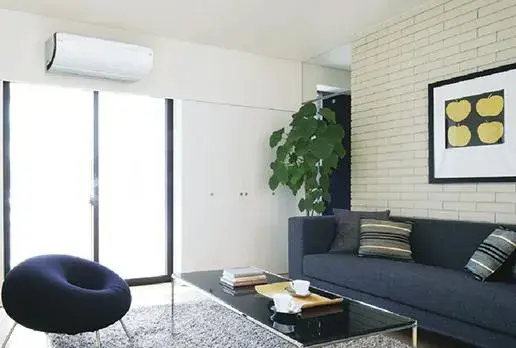
4. Variable Speed Technology
One way that you can keep your electricity bills down is to buy a unit that works using variable speed technology.
Older units work to maintain a constant temperature by periodically turning the fan on and off when the thermostat is tripped.
Many newer units today, however, use something called variable speed technology to slow down or speed up the fan in reaction to fluctuations in the room temperature.
Variable speed units are not only more energy-efficient, but they also keep the temperature more constant as the atmospheric conditions change throughout the course of the day and night.

5. Air Quality
If you suffer from allergies, or you are concerned about the quality of the air in your building, you should make sure that any new unit that you choose is equipped with both a top-quality filter and a UV light purifier.
A good filter will remove ultra-fine particulate matter, pet dander, dust, pollen, and other allergens. The UV light will further sanitize the air that passes through the system by eliminating mold and bacteria.

6. Ease of Installation and Maintenance
The key to ensuring that your unit remains productive over the years is maintenance. With this in mind, you should choose a unit that is relatively straightforward to maintain and clean.
It is worth noting here that window units are considerably easier to maintain than other split systems.
Even if you fancy yourself as a bit of a dab hand when it comes to DIY, you should know that the performance of your AC system depends to a great degree on how well it has been installed.
It is a good idea to seek the help of a reputable HVAC contractor to make sure that your system is installed in a way that maximizes its cooling capabilities.

7. Noise
An HVAC unit that produces a lot of noise can be very annoying. While you may be used to the sounds that your current unit gives off, you should know that newer models tend to be much quieter than their older counterparts.
Most brands will provide a decibel rating. A new unit these days should not generate any more than 60 decibels.
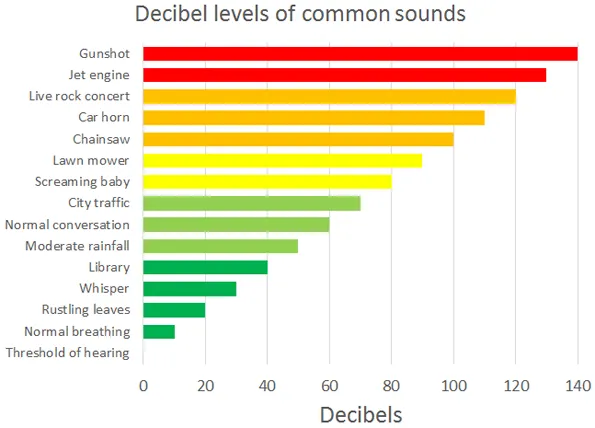
Buying a new AC unit is not something that anyone should go into cold. Doing a significant amount of prior research is essential if you want to get a unit that fulfills your cooling requirements adequately.
You should always take the seven points mentioned above into consideration when it comes to making your final decision. If you are still confused, take a trip down to your local Florida HVAC contractor today for more information and advice from a specialist.
Call Air & Energy of NWFL to arrange a free quote on an energy-efficient AC installation today.

This article was written by:
Nathan Noa
Co-Founder & Home Comfort Specialist

